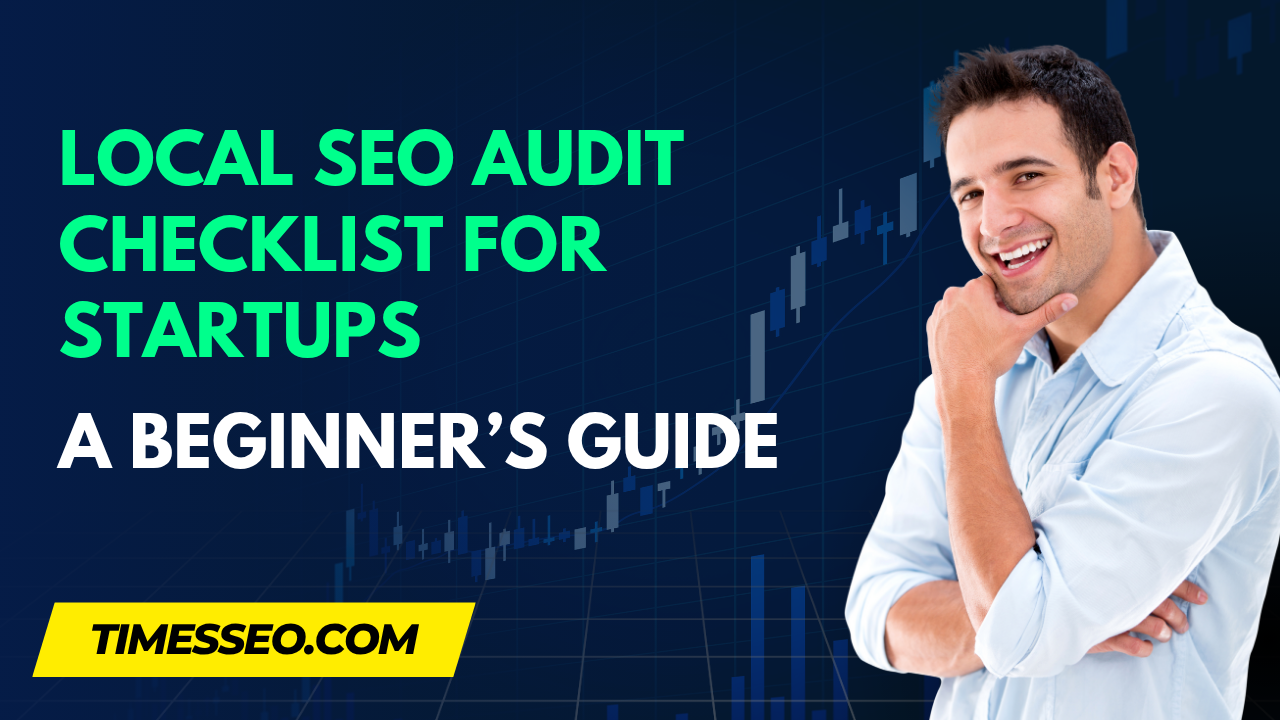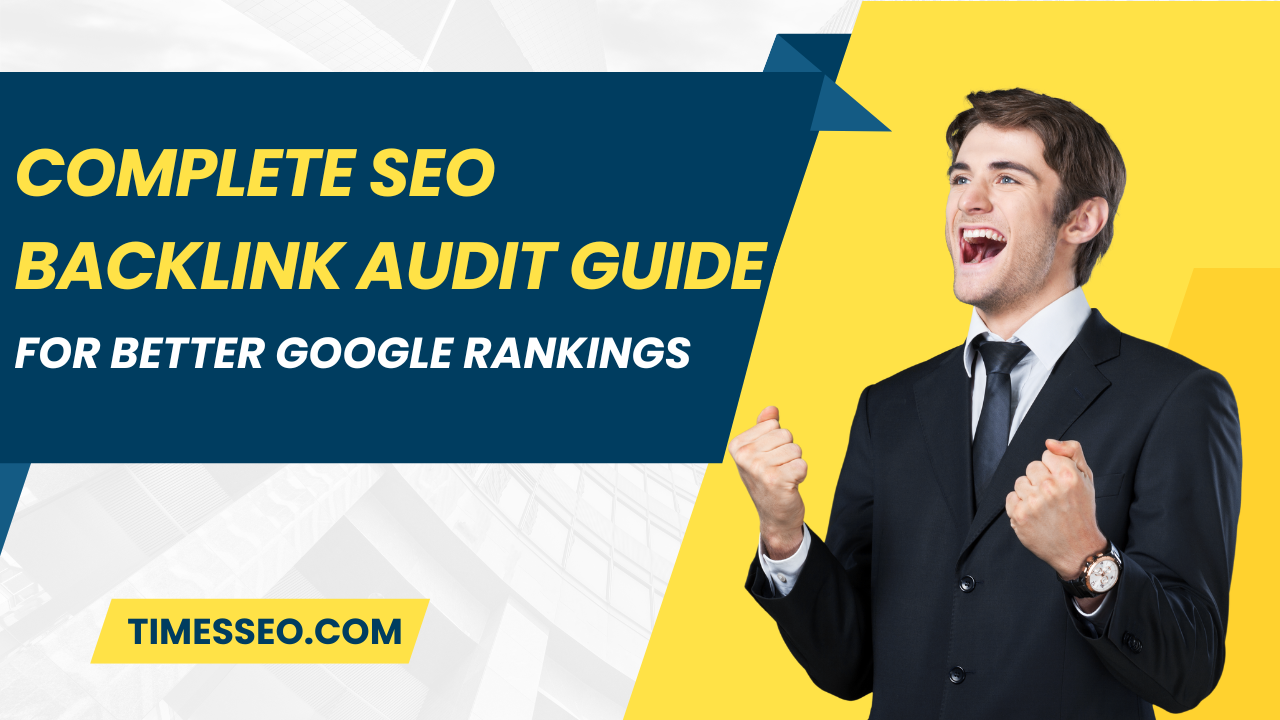
Boost Your Rankings with Technical SEO for WordPress
Discover how to improve your website’s performance and visibility with technical SEO for WordPress. This guide covers essential strategies to enhance speed, structure, indexing, and mobile optimization—everything you need to boost your rankings effectively.
Table of Contents
Introduction
Let’s face it—if your WordPress website isn’t optimized technically, you’re probably leaving a chunk of traffic (and conversions) on the table. Sure, you’ve got great content and eye-catching design, but if search engines can’t properly crawl and index your site, it won’t matter much.
Technical SEO for WordPress ensures your site is not only user-friendly but also search engine–friendly. It’s the backbone of your SEO strategy.
Understanding Technical SEO
What is Technical SEO?
Optimizing the infrastructure of your website to allow search engines to efficiently crawl, interpret, and index your pages is known as technical SEO. It doesn’t involve content or keywords—it’s all about the backend.
Difference Between Technical and On-Page SEO
While on-page SEO deals with content, meta tags, and keywords, technical SEO focuses on performance, structure, and security—things that affect how search engines view your site.
Why It's Crucial for WordPress Websites
WordPress is powerful but can become bloated quickly with plugins and themes. The seamless operation of your website is ensured by technical SEO.
Website Speed Optimization
Importance of Fast Load Times
Users expect lightning-fast load times. A mere one-second delay can result in a 7% decrease in conversion rates. Another verified Google ranking element is speed.
How to Check Site Speed
Use tools like:
Google PageSpeed Insights
GTmetrix
Pingdom
Best Plugins to Improve Speed
WP Rocket: All-in-one caching.
Smush: Compress images.
Asset CleanUp: Unload unnecessary CSS/JS.
Mobile Optimization for WordPress
Why Mobile Responsiveness Matters
Over 60% of searches come from mobile. Google indexes mobile versions first (Mobile-First Indexing), so responsive design is non-negotiable.
Themes and Plugins for Mobile Optimization
Use responsive themes like GeneratePress or Astra.
For quicker mobile loading, use AMP for WordPress.
Securing Your WordPress Website
The Role of HTTPS in SEO
Google considers HTTPS a ranking signal. It also builds trust with users.
How to Add SSL to WordPress
Most hosts offer free SSL via Let’s Encrypt. Use plugins like Really Simple SSL to configure your site quickly.
Recommended Security Plugins
Wordfence
iThemes Security
Sucuri
Improving Site Structure
Clean URL Structures
Avoid messy URLs like yoursite.com/?p=123. Use permalinks:
yoursite.com/blog/technical-seo-wordpress
Using Breadcrumbs
Breadcrumbs improve internal linking and help Google understand site structure. Plugins like Yoast SEO make this easy.
Creating an SEO-Friendly Navigation Menu
Use clear, descriptive labels. Keep it simple. From the homepage, each page should be accessible in three clicks or less.
XML Sitemaps and Robots.txt
What They Are and Why They Matter
XML Sitemap: Lists all important pages.
robots.txt: Tells search engines what not to crawl.
Creating and Submitting XML Sitemaps
Yoast SEO or Rank Math can generate sitemaps. Submit them via Google Search Console.
Optimizing robots.txt for SEO
Don’t block important resources like JS or CSS. Example:
pgsql
CopyEdit
User-agent: *
Disallow: /wp-admin/
Allow: /wp-admin/admin-ajax.php
Fixing Crawl Errors
How to Identify Crawl Errors
Google Search Console shows crawl stats, blocked resources, and errors.
Tools to Use
Google Search Console
Ahrefs
Screaming Frog SEO Spider
Fixing Broken Links and 404s
Use redirection plugins or update broken links. Avoid orphan pages.
Structured Data and Schema Markup
What is Schema?
Schema markup helps search engines understand your content and enhance SERP listings (like star ratings or FAQs).
Adding Schema to WordPress
Use Schema Pro or Rank Math
Manual JSON-LD insertion (for advanced users)
Plugins That Help With Structured Data
WP SEO Structured Data Schema
All in One Schema Rich Snippets
Canonical URLs and Duplicate Content
Why Canonicalization Matters
Canonical tags prevent duplicate content issues by pointing to the original version of a page.
How to Set Canonical Tags in WordPress
Yoast SEO and Rank Math handle this automatically.
Optimizing for Core Web Vitals
What Are Core Web Vitals?
Metrics like:
Largest Contentful Paint (LCP)
First Input Delay (FID)
Cumulative Layout Shift (CLS)
How to Optimize for Them on WordPress
Use lazy loading
Minify CSS/JS
Optimize images
Choose a fast host (like Kinsta or WP Engine)
Indexing and Crawlability
How Search Engines Crawl Your Site
Bots follow internal links to index content. A proper structure helps bots crawl efficiently.
Ensuring Important Pages Get Indexed
Submit sitemap
Avoid “noindex” on vital pages
Use internal linking wisely
Using SEO-Friendly Themes
What Makes a Theme SEO-Friendly?
- Clean code
- Mobile responsive
- Lightweight
- Regular updates
Top SEO-Optimized Themes for WordPress
- Astra
- GeneratePress
- Kadence
Technical SEO Tools for WordPress
Must-Have Tools for Auditing and Monitoring
- Google Search
- Console
- Ahrefs
- Screaming Frog
Best SEO Plugins
- Yoast SEO
- Rank Math
- All in One SEO Pack
Common Technical SEO Mistakes to Avoid
- Not using HTTPS
- Ignoring mobile optimization
- Slow site speed
- Poor URL structure
- Missing XML sitemap
- Duplicate content
- Crawl errors left unresolved
Conclusion
Technical SEO for WordPress isn’t just a checkbox—it’s a game-changer. From load speed and mobile responsiveness to structured data and secure connections, every technical tweak boosts your visibility. Implement these tips, and your site won’t just look great—it’ll climb the rankings too.
Frequently Asked Questions
Yes. Technical SEO focuses on backend elements like speed, structure, and crawlability, whereas regular SEO includes content and keyword optimization.
Not necessarily. Plugins like Yoast SEO and Rank Math simplify many technical aspects without code.
Ideally, once a month or after any major update (like plugin/theme changes).
Rank Math and Yoast SEO are both excellent choices for managing technical SEO.
Absolutely. A bloated theme can increase load time and hurt your rankings. Always choose a lightweight, SEO-friendly theme.
Table of Contents
Popular Posts
-
 Affordable Technical SEO Audit for Small Business: A Complete Guide26 Jun 2025 Blog
Affordable Technical SEO Audit for Small Business: A Complete Guide26 Jun 2025 Blog -
 How to Get an Affordable Technical SEO Audit for Small Business27 Jun 2025 Blog
How to Get an Affordable Technical SEO Audit for Small Business27 Jun 2025 Blog -
 The Ultimate Local SEO Audit Checklist for Startups28 Jun 2025 Blog
The Ultimate Local SEO Audit Checklist for Startups28 Jun 2025 Blog -
 Local SEO Audit Checklist for Startups: A Beginner’s Guide28 Jun 2025 Blog
Local SEO Audit Checklist for Startups: A Beginner’s Guide28 Jun 2025 Blog -
 Top On-Page SEO Audit Steps for Service Websites Every Business Should Know29 Jun 2025 Blog
Top On-Page SEO Audit Steps for Service Websites Every Business Should Know29 Jun 2025 Blog -
 Technical SEO for WordPress: The Ultimate Beginner’s Guide01 Jul 2025 Blog
Technical SEO for WordPress: The Ultimate Beginner’s Guide01 Jul 2025 Blog -
 The Impact of On-Page SEO Audit Steps for Service Websites on UX01 Jul 2025 Blog
The Impact of On-Page SEO Audit Steps for Service Websites on UX01 Jul 2025 Blog -
 Technical Mobile SEO Audit Tips for Developers02 Jul 2025 Blog
Technical Mobile SEO Audit Tips for Developers02 Jul 2025 Blog -
 Complete SEO Backlink Audit Guide for Better Google Rankings03 Jul 2025 Blog
Complete SEO Backlink Audit Guide for Better Google Rankings03 Jul 2025 Blog -
 Boost Your Rankings with Technical SEO for WordPress01 Jul 2025 Blog
Boost Your Rankings with Technical SEO for WordPress01 Jul 2025 Blog






